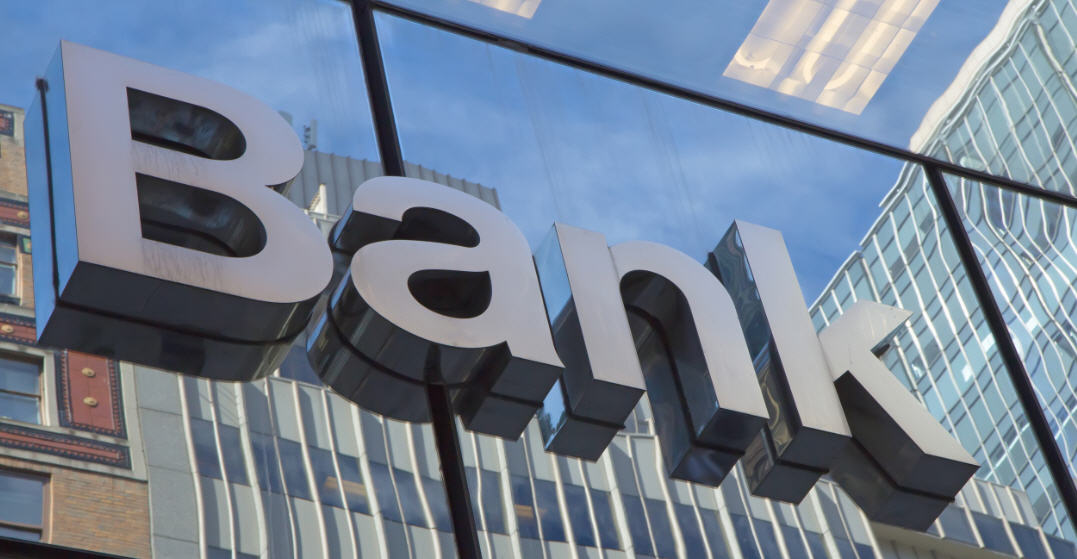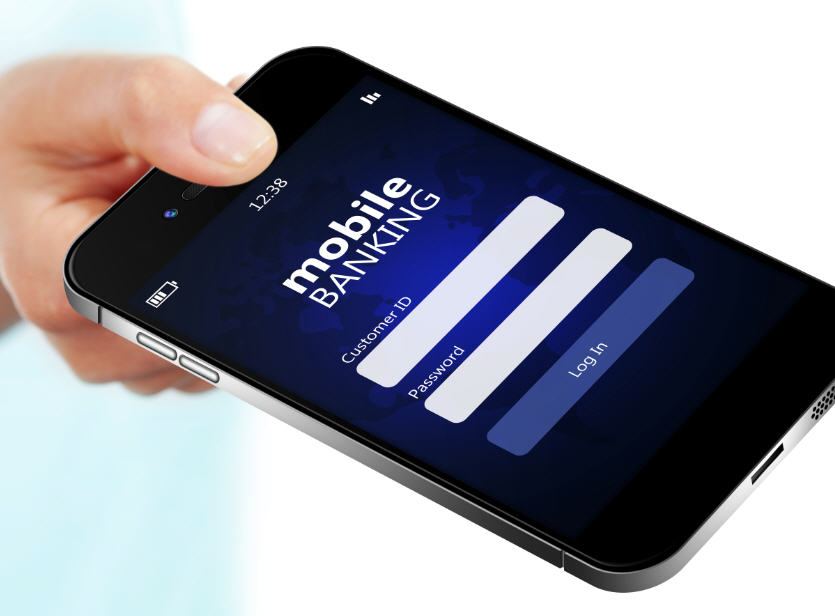I usually start my Monday morning’s news reading with an interesting section in the opinion pages of American Banker known as BankThink. Over the summer, it made me smile to see the headline, “More Bank Execs Should Be on Twitter” – and it’s still an article worth reading in case you missed it while you were on vacation. While many companies continue to forge ahead with social strategies, financial institutions are faced with a peculiar set of problems that have made many of them understandably shy about jumping in – particularly considering issues aligned to customer information and privacy.
Context is of primary importance when taking stock of the proposed initiatives addressed at the recent industry meeting in Washington, D.C. during which the Securities and Exchange Commission (SEC) and the exchanges addressed the state of market infrastructure following NASDAQ’s August 22 three-hour trading halt. (If you missed the reason behind the failure, it’s since been confirmed that the securities information processor (SIP) suffered a technical failure.) During the dialogue, SEC officials asked U.S. stock and option exchanges to create “kill switches” that would enable them to shut down trading when technological failures occur.
It’s interesting to watch how cloud adoption is – or isn’t – growing in any sort of a coordinated manner. Cloud is certainly not new; for instance, Salesforce.com has 100,000+ customers. And within the enterprise, cloud adoption continues to skyrocket, with three out of every four respondents indicating they are using some cloud business application, according to the third annual Future of Cloud Computing Survey run by NorthBridge Ventures.
For three hours on August 22, 2013, trading was halted on all Nasdaq-listed symbols. Among 2,700 tickers impacted were iconic technology corporations that typically list on the all-electronic Nasdaq exchange – Apple, Google, Dell, Microsoft, Yahoo, and Nasdaq itself. Throughout the outage, shares of these companies were inaccessible to retail and institutional investors around the world.
Last week, President Obama requested a meeting with several financial industry regulators to update him on the progress of proposed Dodd-Frank rule changes. The President wanted to know why it was taking so long to write the rules needed to ensure that the 2008 economic crisis would not be repeated. That’s a question all of us have been asking!
Arbitrage is a word most IT professionals don’t tend to use. In fact, it’s a word that has little meaning in IT circles and that most IT professionals probably don’t use at all in their day-to-day discourse. On the other hand, to capital markets-related professionals, the word has significant importance and meaning.
Boy oh boy, you’ve got to hand it to some people. Some groups move just plain fast. Have you noticed how the Bitcoin community has rallied behind its much maligned and dismissed-as-being-evil currency in the past few weeks?
In June of this year, law enforcement officials and smartphone manufactures met in New York at the “Smartphone Summit” to discuss the alarming increase in smartphone thefts. The Federal Communications Commission (FCC) reports that almost 33 percent of robberies include the theft of a mobile phone – ignoring, for the moment, whether the theft of the phone was the primary intent or just a fortuitous (for the thief) by-product in the robbery. This month, Security Research Labs in Berlin reported a smartphone SIM card attack vulnerability – more to the point, raising issues of encryption vulnerability.







